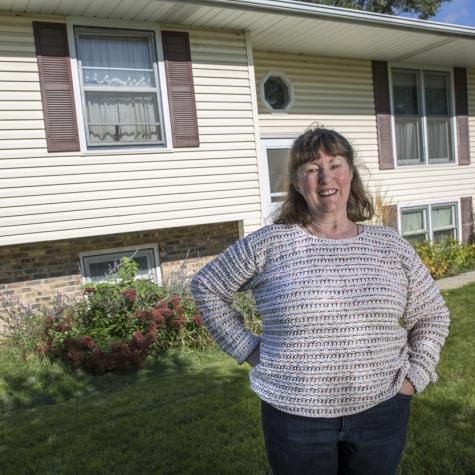Is there a light at the end of the tunnel for HAF funds?
The $9.961 billion Homeowner Assistance Fund (HAF) helps homeowners impacted by COVID-19 pay mortgage, homeowner’s insurance, utility bills and other housing expenses. Since January 2022, the program has helped prevent over billions worth of mortgage delinquencies and defaults, foreclosures and displacement of homeowners in all 50 states, Puerto Rico and Guam. While some states have renewed their programs thanks to fresh funding from ARPA, others — like New York, Rhode Island and Illinois — have closed or waitlisted theirs. As HAF approaches the one-year mark, volume and staffing issues have caused some challenges many states.
For homeowners who haven’t been making payments for the past couple of years, resuming mortgage payments is a tough adjustment. Some have fallen into delinquency and now face the burden of resuming mortgage payments — and adjusting to the payment shock. BlueHub SUN is working with people on how to get back on track.
How HAF is working, state by state
We gathered program details on the 11 states where BlueHub SUN is licensed and pulled together a status update as of September 1, 2022. If you have clients who are ineligible for the HAF program or who live in a state where it’s currently unavailable, we encourage you to consider BlueHub SUN as an alternative solution.



